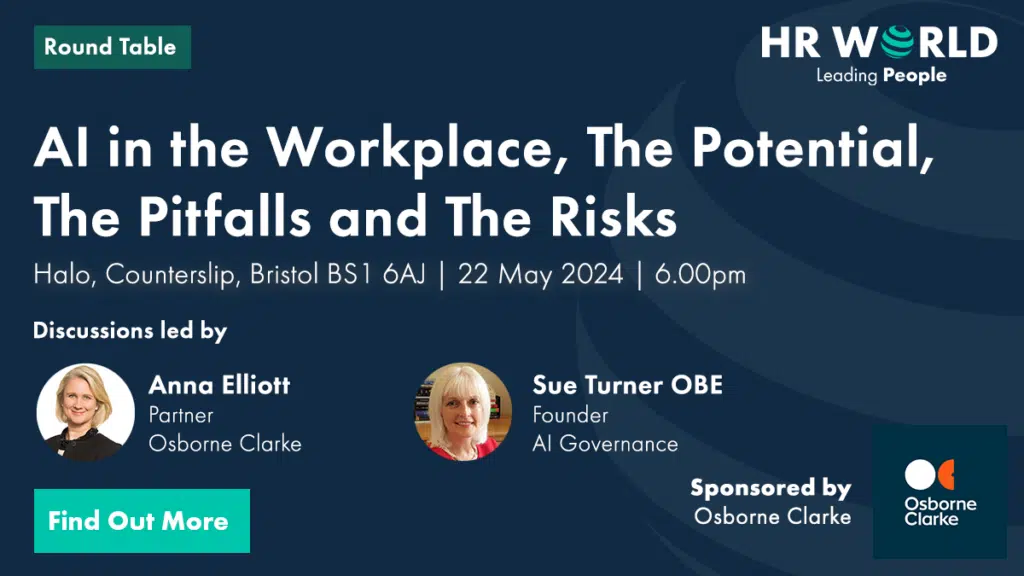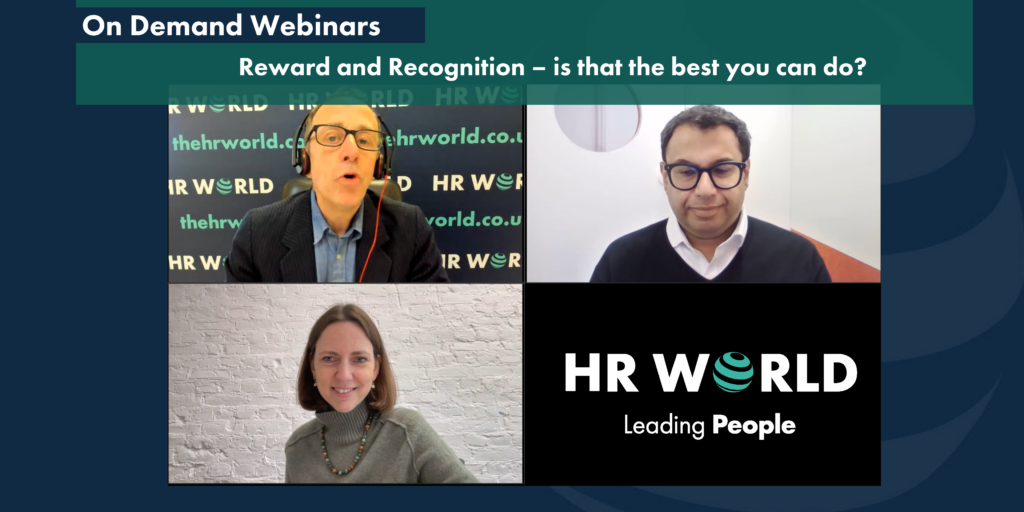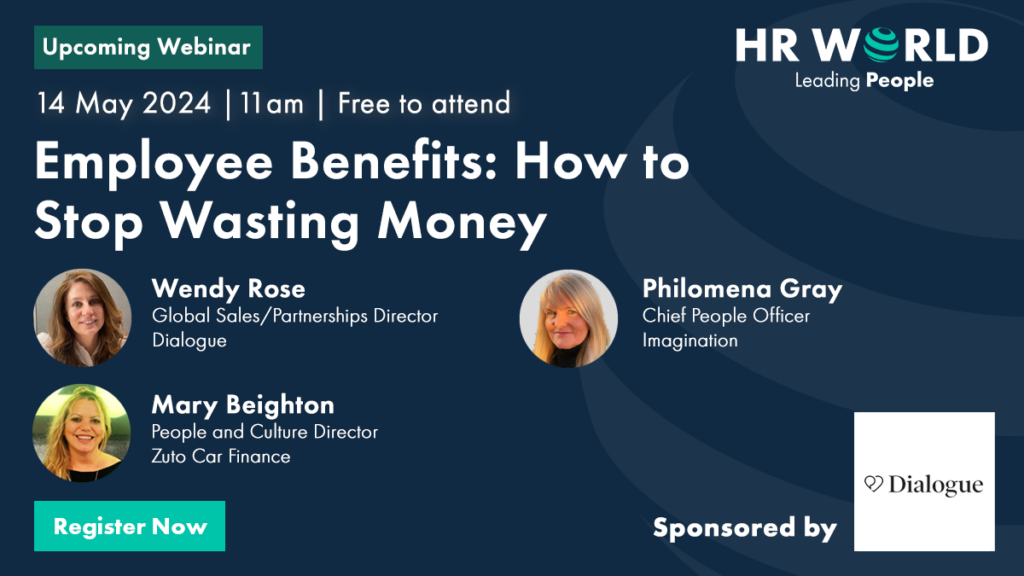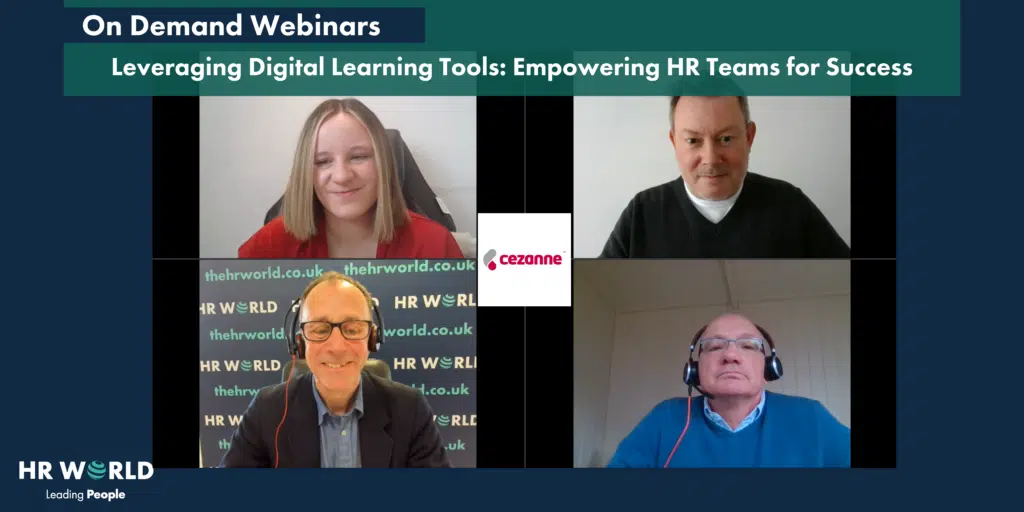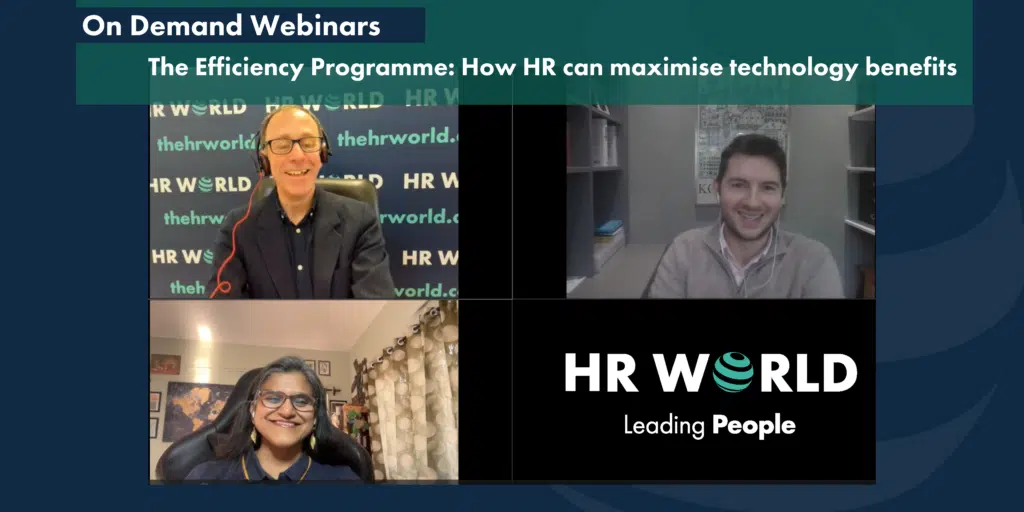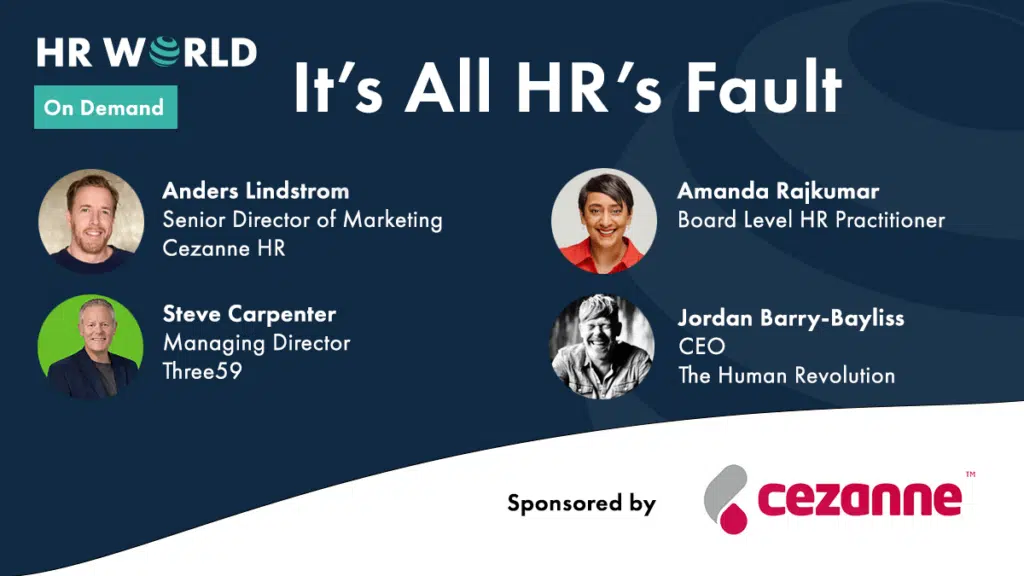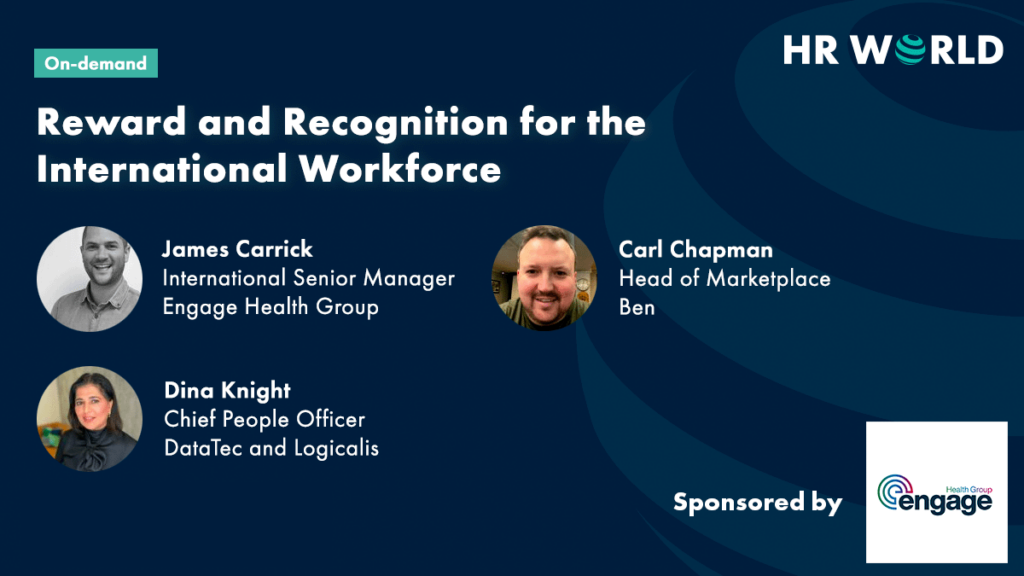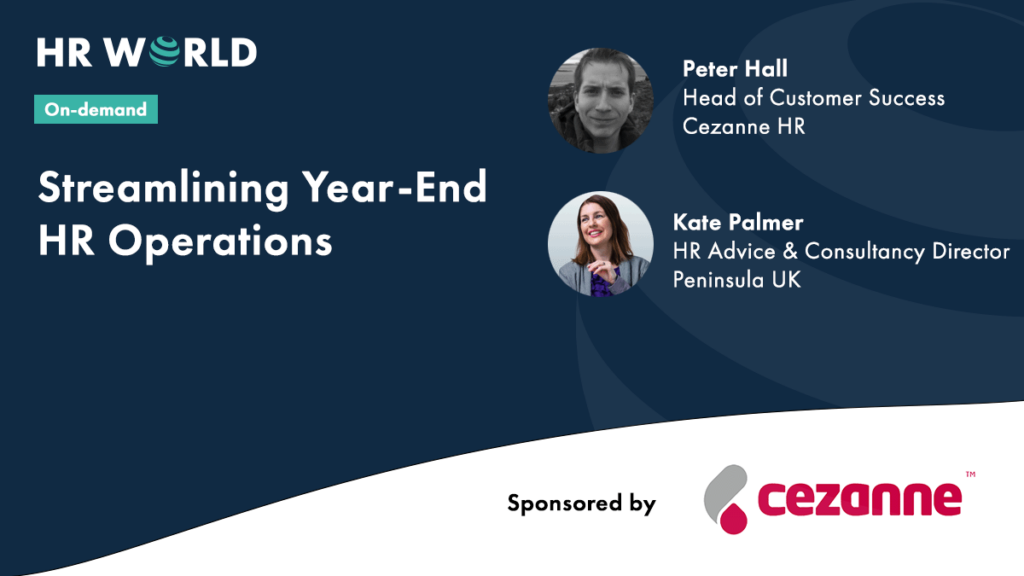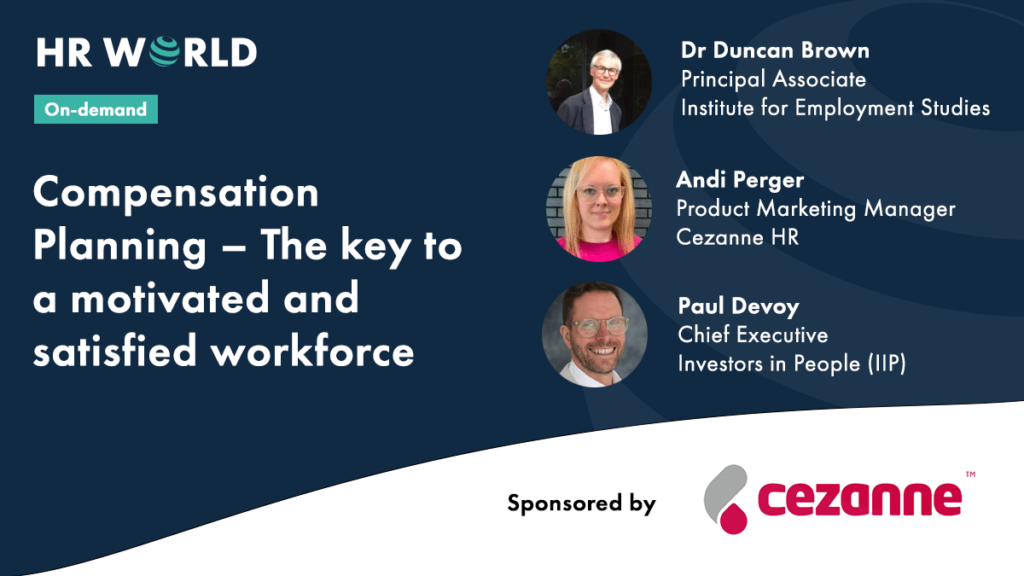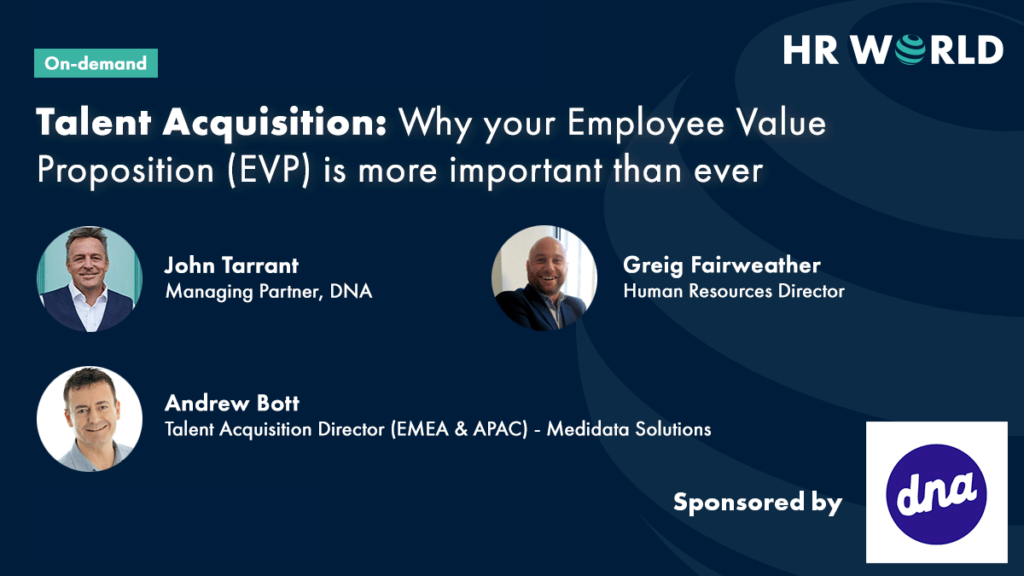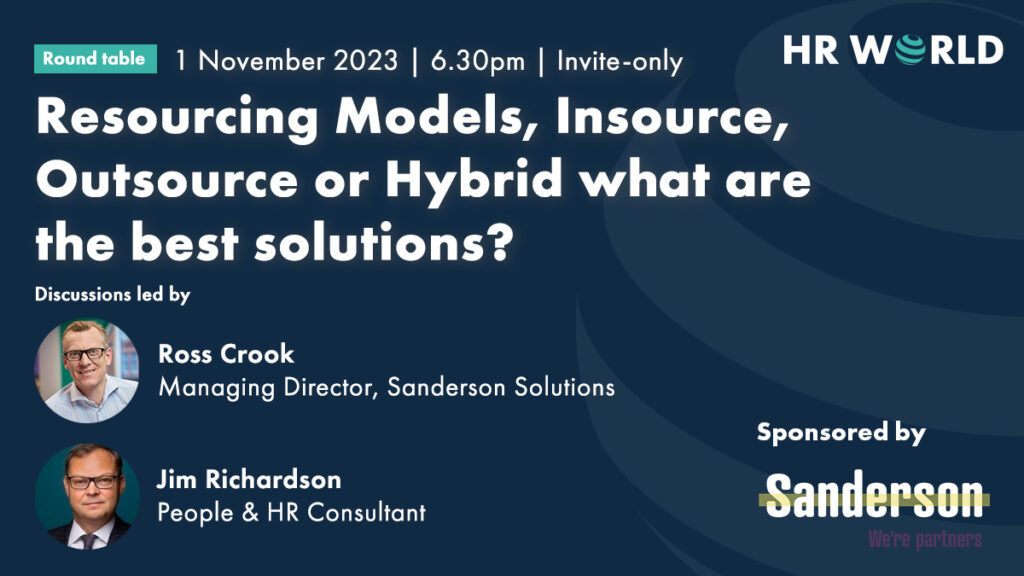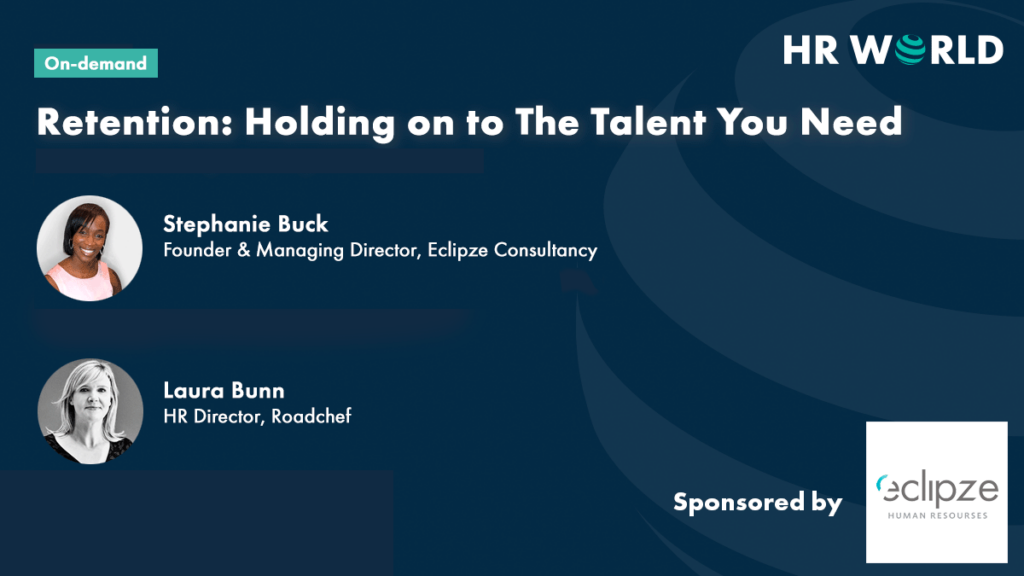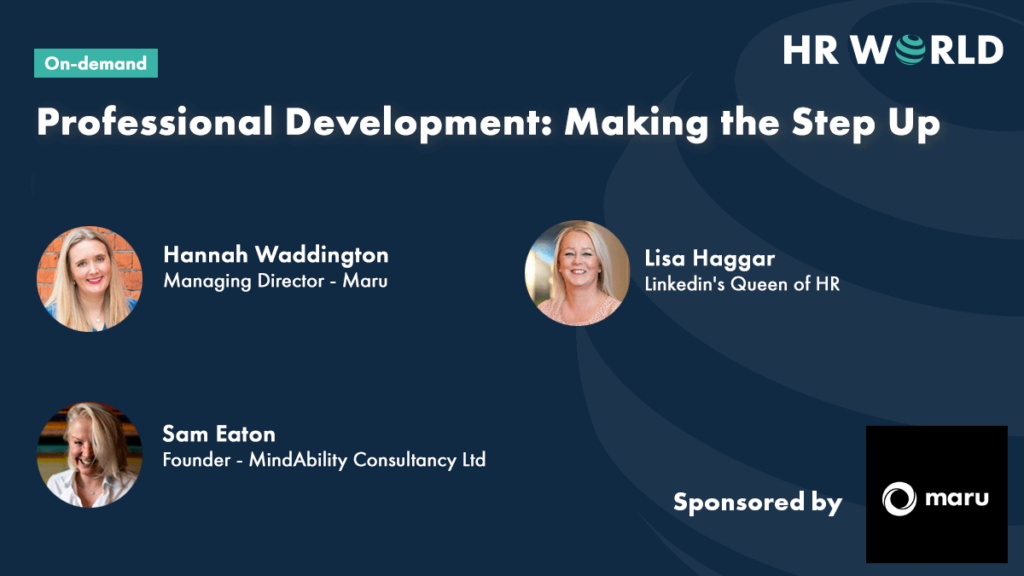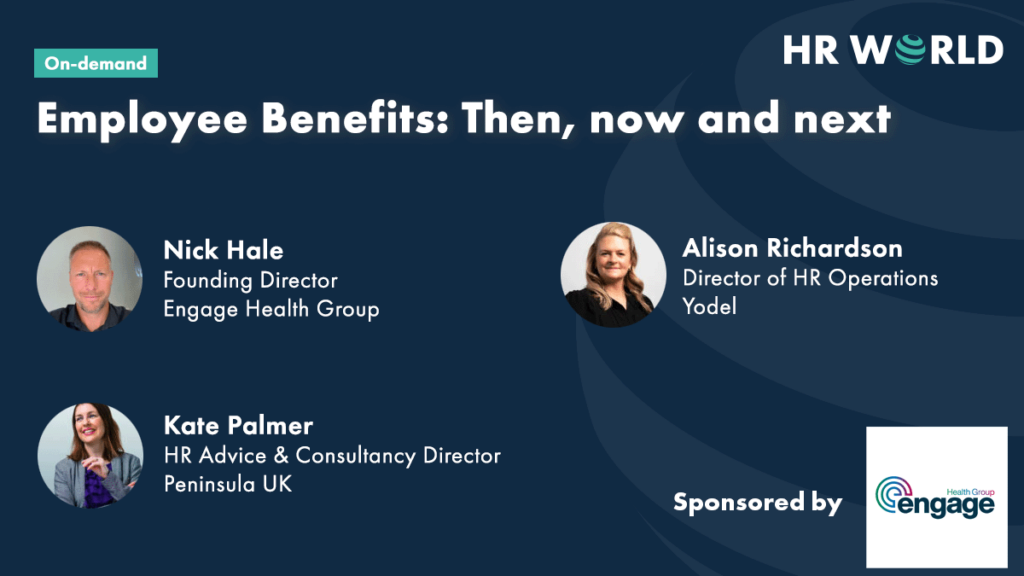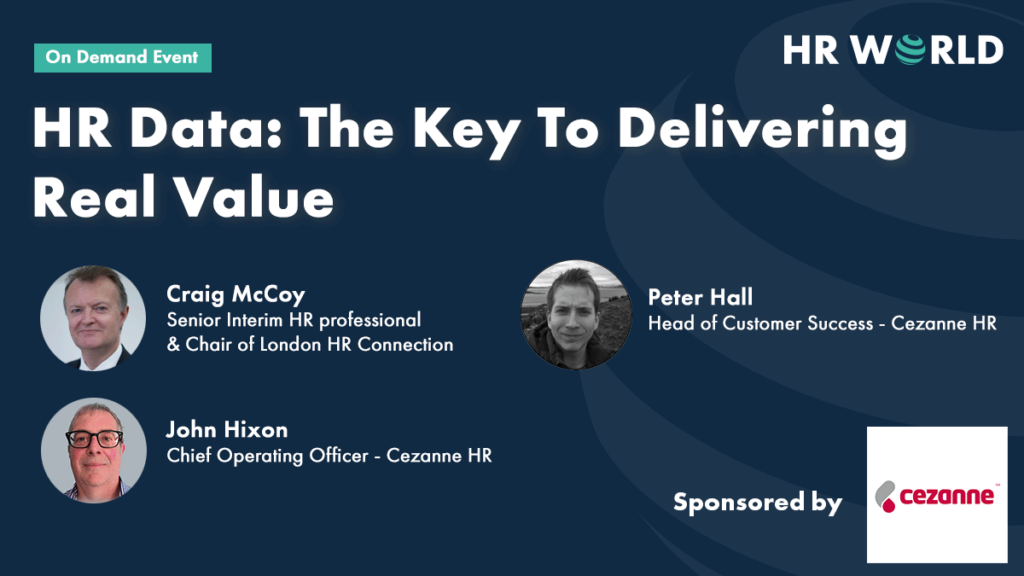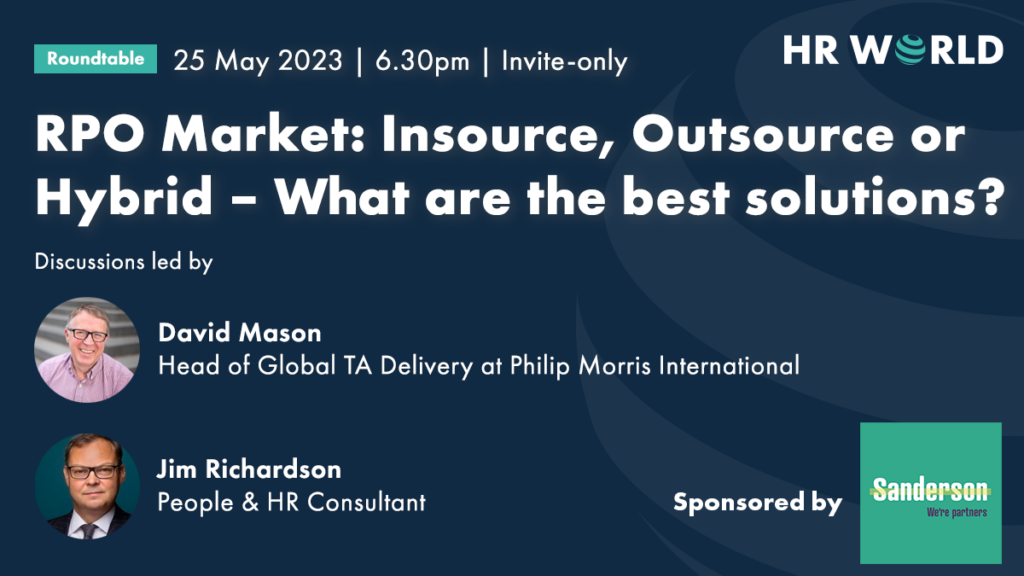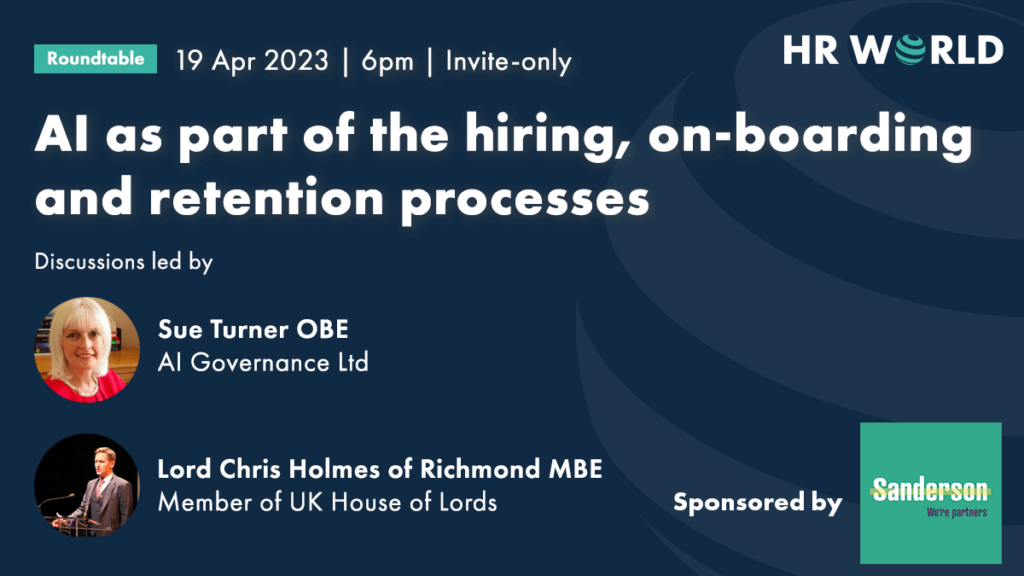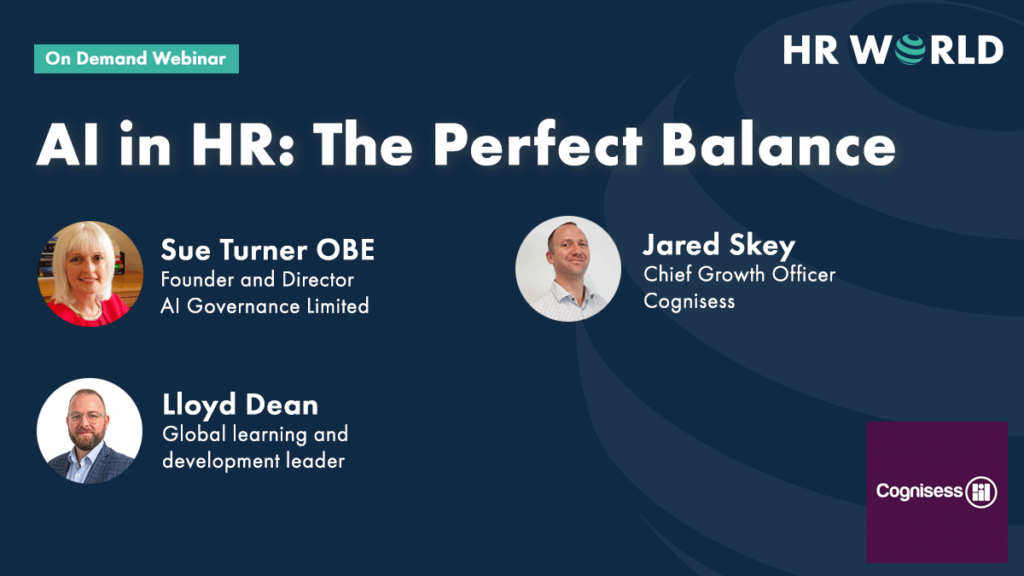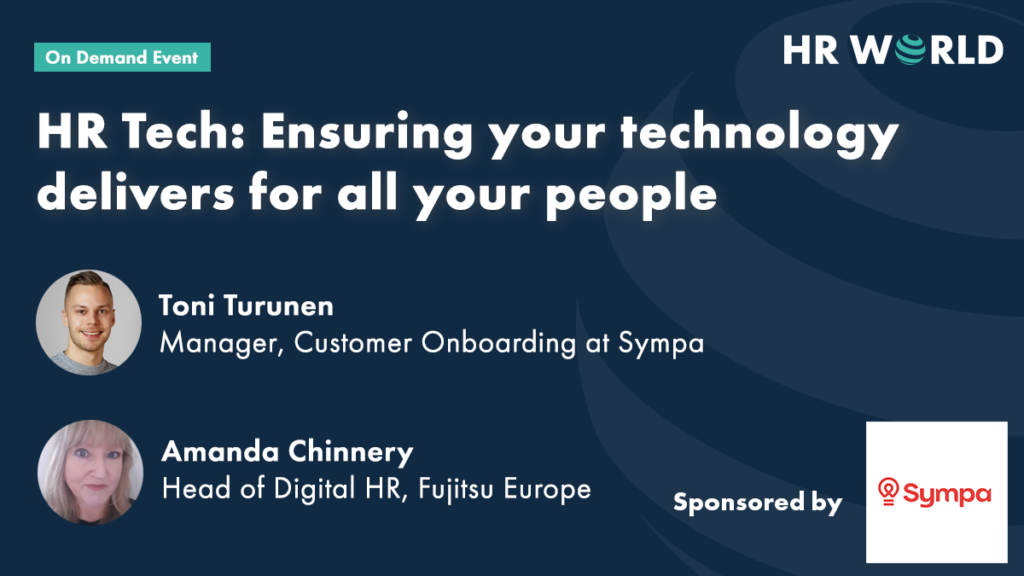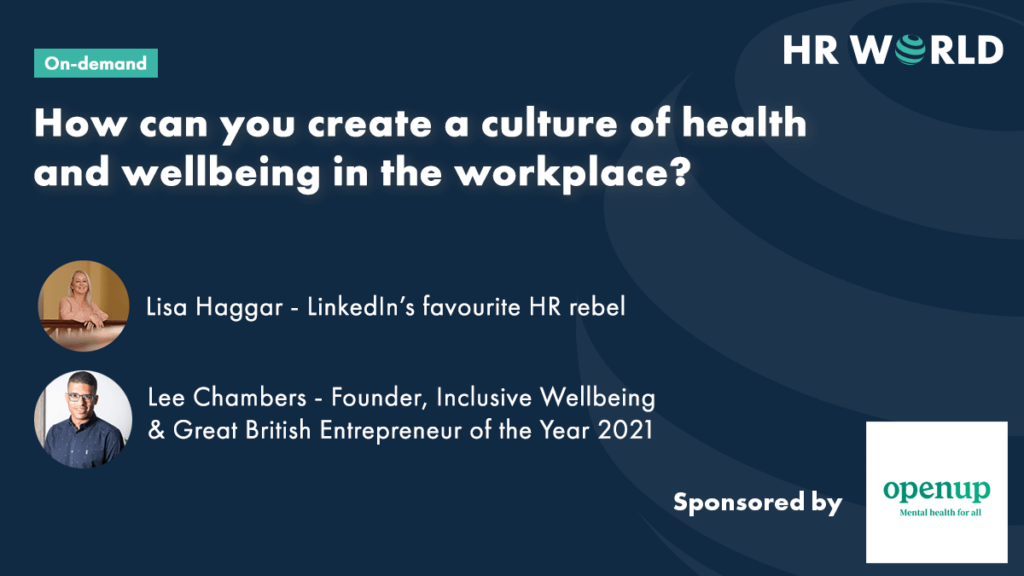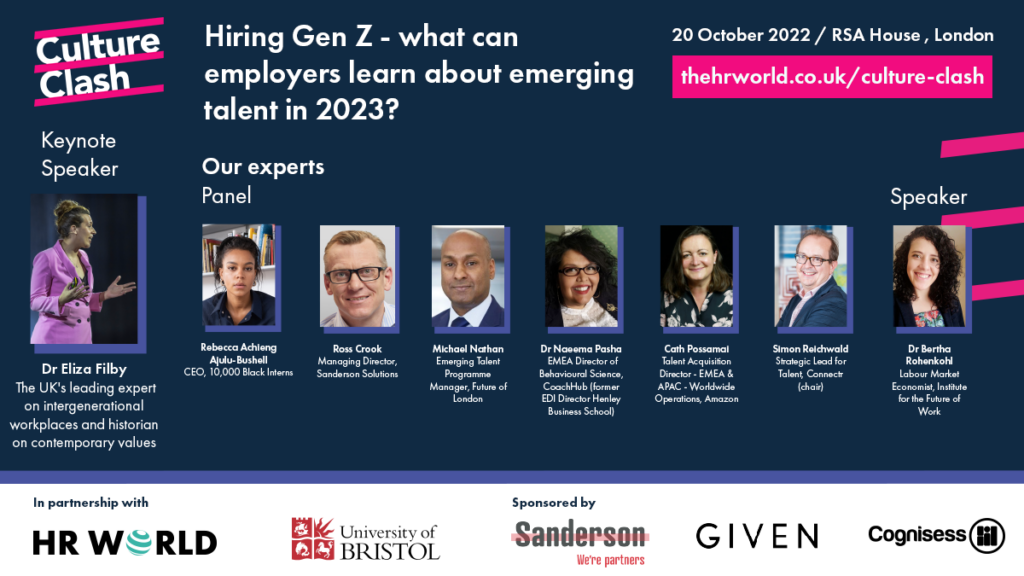Home » Knowledge Hub » Talent Acquisition » What impact will the end of the furlough scheme have
What impact will the end of the furlough scheme have
04 October 2021 Talent Acquisition

After approximately 18 months and several different incarnations, the furlough scheme ended on 30th September 2021. Despite numerous extensions, this does appear to be the end of the scheme, although not the end of calls for it to be extended or reinstated.
The furlough scheme was without modern precedent in the UK. Although it had its critics, it has appeared to succeed in preventing, or at least slowing down, redundancies since the beginning of the pandemic.
Charlie Thompson, Employment Partner at Stewarts, the UK’s largest litigation-only law firm, offers expert insight into the final end of the furlough scheme and what impact this is set to have on employment and redundancies.
Will the furlough scheme have an enduring impact, and what might happen next?
Redundancies
There is likely to be a further wave of redundancies.
In recent months, redundancy figures have been low. Indeed, in August 2021, they were at their lowest level in seven years. This is likely to be because many employers had already made large scale redundancies in the past 18 months and had no appetite to do a fresh round of morale-sapping job cuts if they could possibly avoid it.
When the Chancellor, Rishi Sunak, unveiled the furlough scheme last March, he said it would be open for an initial three months. Since then, it has been repeatedly extended, and the cost to employers of keeping staff on furlough has incrementally increased. Against that backdrop, many employers contemplating job cuts will have carried out their redundancy exercises already.
However, the number of redundancies will surely increase when the furlough scheme ends.
Recent provisional figures show 1.6 million furloughed employments on 31st July 2021, and the figures for August 2021 are expected also to be low. These latest figures are significantly lower than the peak of 8.9 million on 8th May 2020 but nevertheless represents a sizeable group of the working population, with a particularly high uptake in:
- Construction
- Manufacturing
- Transportation
- Storage
With the furlough scheme coming to an end, some employers face the choice between bringing their furloughed staff back in, potentially to do very little work, or to make them redundant.
Furthermore, despite the success of the vaccination programme and the relaxation of restrictions, many businesses will continue to be affected by the pandemic, logistical and travel problems, and the harsh economic conditions that will outlast the furlough scheme.
At the end of September 2021, not only does the furlough scheme end, but creditors will be free to seek orders to wind up debtors who owe them money. Some employers will be compelled to make redundancies to stay afloat, whereas others will go out of business altogether, with job losses inevitably following.
Any employer conducting a redundancy consultation should not be complacent that the end of the furlough scheme makes the exercise simpler.
Employees may now point to the success of the furlough scheme in avoiding redundancies and, while recognising that the scheme is at an end, propose lay-off or short-term working (see below) to avoid redundancy.
Employers will need to consider these proposals carefully.
In practice, the value of most unfair dismissal claims arising from redundancy will be heavily influenced by the dismissed employee’s ability to secure another role. The more likely an employee is to secure another role quickly, the less it is worth their while bringing a claim.
According to the latest labour market overview from the ONS, the number of payroll employees is now returning to pre-pandemic levels and the number of job vacancies is above 1 million, the highest since records began.
However, employers should not assume that this means that the risk of claims is low. The surge in vacancies will not be evenly distributed across the economy. Employees made redundant by companies because of the furlough scheme’s closure are likely to find that companies in the same sector are not going on a recruitment spree.
Flexible furlough leading to more zero-hours contracts and ‘lay off’/’short-time working’ and freelancing
In July 2020, HM Treasury introduced the concept of ‘flexible furlough’. This allowed employers to bring furloughed employees back to work on a part-time basis and give the employer flexibility to decide working hours and days. Employers could also re-furlough employees who had come back to work.
There will be employers that have enjoyed the ability to determine staff hours according to fluctuations in activity (and not just in the gig economy sectors).
They may also be concerned that trading conditions will continue to be difficult from 1st October 2021 onwards.
Those businesses may revisit their attitude towards zero-hours contracts, which provide the employer with similar flexibility.
Employers will also seek to sell the benefits of such contracts to candidates by showing that they also give the employee flexibility. The term ‘zero hours contract’ is unlikely to be used by those employers because of the term’s negative connotations. They are likely to use more neutral terms, such as referring to zero hours employees as ‘bank staff’.
Another phenomenon we may see is the increase of ‘lay off’ and ‘short-time working’ provisions in employment contracts. Employment contracts can lawfully contain provisions entitling the employer to either provide no work (and no pay) or less work (and less pay) for a period while keeping the employment alive.
We may also see more businesses engaging individuals as freelancers or independent contractors, rather than as employees.
A commonly misunderstood feature of the widely-reported gig economy cases, such as Uber, is that although the judicial trend is firmly in favour of giving individual employment rights, none of those high profile decisions has gone as far as providing protection against unfair dismissal.
Employers who are scarred by recent redundancy exercises may prefer to lessen the risk of conducting further redundancies by engaging independent contractors instead, in the belief that they can hire and fire them at will.



